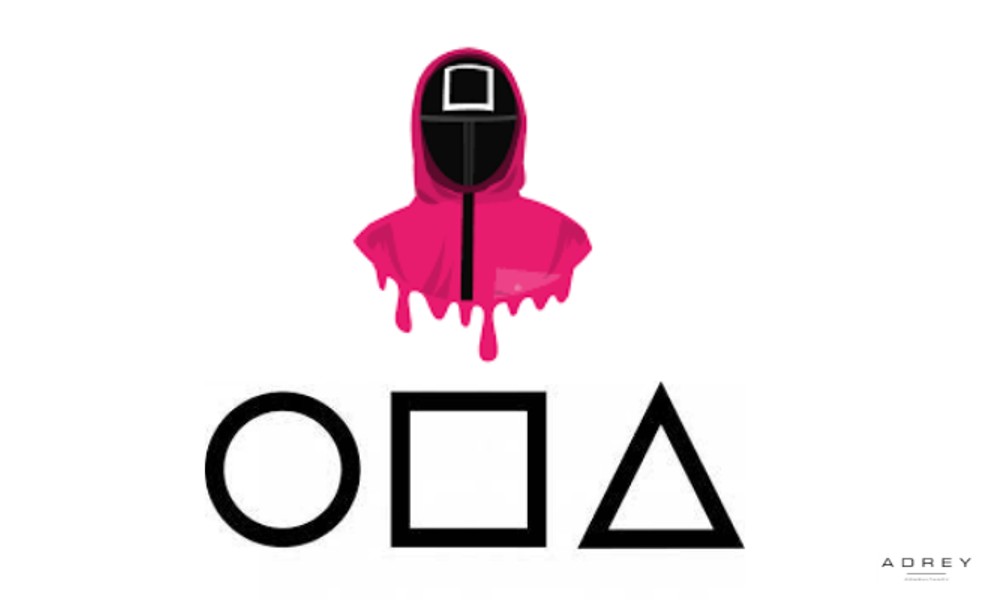
Image Credits: Pathik Muni
Squid Coin: A Crypto Scam That Robbed Investors Off $3.38 Million
Writer: Pathik Muni
I have lived in the depths of technology and now dwell between the fine scripts of cyberspace. I spent over 15 years in the telecom industry, during which I engaged with large telecom operators and corporates on core digital networks. I’m a certified Data & Privacy Auditor, a cyber lawyer and co-author of the book titled ‘The Good The Bad The Cyber Buddha.
India, 22 Nov 2021 12:54 PM GMT
Creatives : Abhishek M |
" An engineer by profession, Abhishek is the creative producer of the team, graphic designing is his passion and travelling his get away. In more ways than one, he makes the content visually appealing."
Guest Author : Pathik Muni
I have lived in the depths of technology and now dwell between the fine scripts of cyberspace. I spent over 15 years in the telecom industry, during which I engaged with large telecom operators and corporates on core digital networks. I’m a certified Data & Privacy Auditor, a cyber lawyer and co-author of the book titled ‘The Good The Bad The Cyber Buddha.
There were several red flags for Squid token, including the numerous spelling and grammatical errors in the project's whitepaper and the website only being registered one month ago.
A cryptocurrency inspired by the popular South Korean Netflix series Squid Game on November 1, 2021, became the most hyped digital token when its valuation shot up to $2,861 per coin.
Squid coin, which marketed itself as a "play-to-earn cryptocurrency", had seen its price soar - surging by thousands of per cent. The cryptocurrency peaked at $2,861 before plummeting to $0, according to the website CoinMarketCap. This is commonly called a "rug pull" by crypto investors; it's an event that is triggered because the creators of the crypto quickly cash out their coins for real money, draining the liquidity pool from the exchange.
"Rug pulls happen when there are large holders of the coin who can freely trade it, and the market for that token is not deep or highly liquid."
Squid's developers have made off with an estimated $3.38million (£2.48million); according to technology website Gizmodo, it had also pointed out numerous signs that the coin offering was a scam, including its (now disappeared) website being filled with spelling errors. CoinMarketCap also warned potential investors that SQUID was probably a scam, displaying a warning to "exercise extreme caution" if they bought the crypto, but that didn't stop mainstream news outlets like the BBC, Yahoo News, Business Insider, Fortune, and CNBC from running headlines about how the new Squid Game cryptocurrency had soared by 83,000% over just a few days.
"Media coverage failed to point out that there was no official tie-in with the Netflix series, thus providing an unwarranted veneer of respectability."
This is just the latest example of scammers utilising pop culture to get media attention. A similar rug-pull occurred earlier this year with Mando, a cryptocurrency that used images from Disney+'s Mandalorian TV show—without permission from Disney, of course. Another notable recent example amongst many saw the creator of SushiSwap, a highly touted token, disappear with $13 million in September 2020, which investors feared was a "rug pull." The SushiSwap creator ended up returning the coins after an outcry but then disappeared soon afterwards.
"Play-to-earn" cryptocurrency is where people buy tokens to use in online games and can earn more tokens which can later be exchanged for other cryptocurrencies or national currencies. SQUID began trading on PancakeSwap, a decentralised exchange. It quickly gained traction among users, many of whom thought there was an association between the project and the recent Netflix hit series, "Squid Game". The squid was billed as a token that could be used for a new online game inspired by the Netflix series - which tells the story of a group of people forced to play deadly children's games for money. The game was due to go live this month.
When the crash happened, over 40,000 people held the tokens, according to BScSCan, a blockchain analytics platform. The biggest red flag was for all to see in the form of inbuilt tools that made selling tokens far harder than buying them. The developers required the token holders to buy another cryptocurrency, 'Marbles', before selling the tokens. Marbles could be earned by taking part in an online game inspired by the show.
"Generally, tokens that impose large penalties on sellers as a mechanism to discourage any selling is a red flag that investors should watch out for, as these types of mechanics interfere with price discovery and lead to artificial valuations."
Players were asked to pay an entry fee of 456 Squid Game tokens to participate in the game. Also, the white paper required the buyers to be in the ratio of 2:1 against sellers before a sale could materialise in an 'anti-dumping mechanism. Other red flags included the fact that SQUID's Telegram channel, set up by the unknown scammers, didn't allow comments from outsiders. The Twitter account made it impossible for anyone to reply to posts.
It is very important for investors to research new token projects before investing. There were several red flags for Squid token, including the numerous spelling and grammatical errors in the project's whitepaper and the website only being registered one month ago. Another red flag was that the token is related to a famous game based on a Netflix show. It was quite intriguing and strange that the crypto developers had no relationship to the show's makers, no official partnership announcements by the OTT platform, which is highly unlikely.
The next time you invest in crypto, the most important thing to look out for isn't necessarily the price. First, figure out whether you can sell the coin after you buy it. If you can't sell—like the people who invested in SQUID discovered they can't—it doesn't matter how high the price goes, just as it doesn't matter how large of a number unless someone writes on Monopoly bills.
"Cryptocurrency is only worth what someone else is willing to pay for it. And if the rules say you can't even sell, you've just been scammed."
Stay #CyberSafe
 All section
All section














